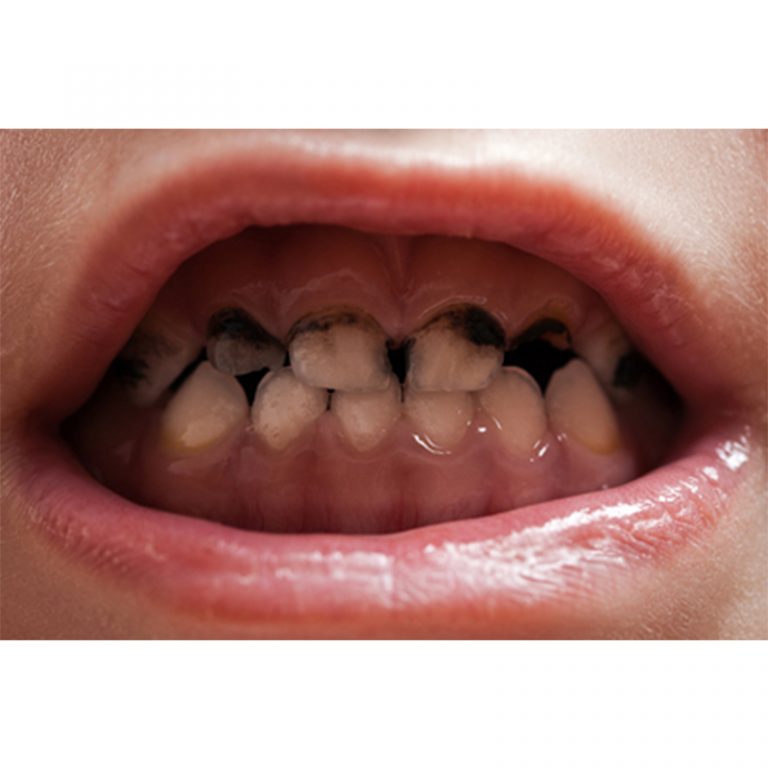Ayurvedic Treatment Approach to Diabetes Symptoms
What is diabetes?
Diabetes is the name given to a group of metabolic disorders in which a person has high blood sugar, either because the pancreas does not produce enough insulin, or because the cells do not respond to the insulin that is produced. Mainstream medicine identifies two main types: Type 1 diabetes, in which the pancreas fails to produce any insulin, and Type 2 diabetes, in which the cells fail to utilise the insulin properly, sometimes combined with a deficiency in production of insulin.
In the case of diabetes type 1, the standard treatment is regular injection of insulin.
What causes diabetes?
Recent research has led to the conclusion that viral infection of the insulin producing cells of the pancreas may be a trigger for the more serious forms of the disease, type 1 diabetes.
It has long been known that controlling diabetes Type 2 involves a complete modification of lifestyle. A typical Ayurvedic approach to diabetes treatment would be to introduce a healthy diabetic diet, scrupulously avoiding refined carbohydrates, coupled with exercise and stress reduction.
This will generally produce rapid results, but in the more serious forms there is a need for a very careful assessment of the individual. This is definitely a case where one size does not fit all.
According to Ayurveda the diabetes causes is that of a Kapha imbalance, where there is either an excess of Kapha, causing all channels to be blocked, or a drying out of the mucus, which also creates problems. As the differences between individuals affected are so great this emphasizes the need to identify the underlying cause of each case. There are over one hundred herbal medicines in use for the treatment of this disorder, and improvement can only be expected if the medicine chosen is carefully matched to the individual. If a viral or bacterial condition is present some of the bitter Ayurvedic herbs may be chosen. In cases where the system is clogged, in particular the lymph, the pancreas will always be affected and Kapha reducing herbs will be used. Such individuals will often tend to be obese. A decongesting diabetes treatment of this type will be likely to work if the condition is treated in its early stages. In contrast, many diabetics tend to be skinny, and in such cases dehydration rather than clogging is the problem. When the mucus membranes and the organs in general dry out the pancreatic cells are no exception. Medicines such as Ashwagandha are chosen to treat the bone marrow, which in turn restores the mucus lining. Some benefit may be obtained from eating the sweet Jambu plum, which helps to rejuvenate the pancreatic cells and liver.
Other medicines used are antioxidant in their effect. In particular Triphala is a herbal combination of three myrobalans: Amalaki, Vibhitaki and Haritaki. These are three of the most important herbs in Ayurveda. Their function is to remove harmful toxins and excess mucus from the body, cleansing and tonifying the blood and the digestive tract providing a great treatment for diabetes.
Fenugreek is yet another herb to which some cases respond well, mainly because of the way in which it improves the acid-alkaline balance of the system.
The diabetes treatment is an excellent example of Ayurveda’s approach to a common health concern. By selecting the medicines most suited to the individual the aim is to correct blood sugar levels to the point where dependency on insulin and other allopathic medicines is greatly reduced.
Suffering from diabetes symptoms call us on 1300 552 260 now for free consultation or book an appointment at Yatan Holistic Health Care Healing Ayurvedic Centre regarding diabetes treatment in Australia Sydney.

*Discover holistic healing with a complimentary phone or video consultation from our expert Ayurvedic practitioner. Start your path to better health today!*





















